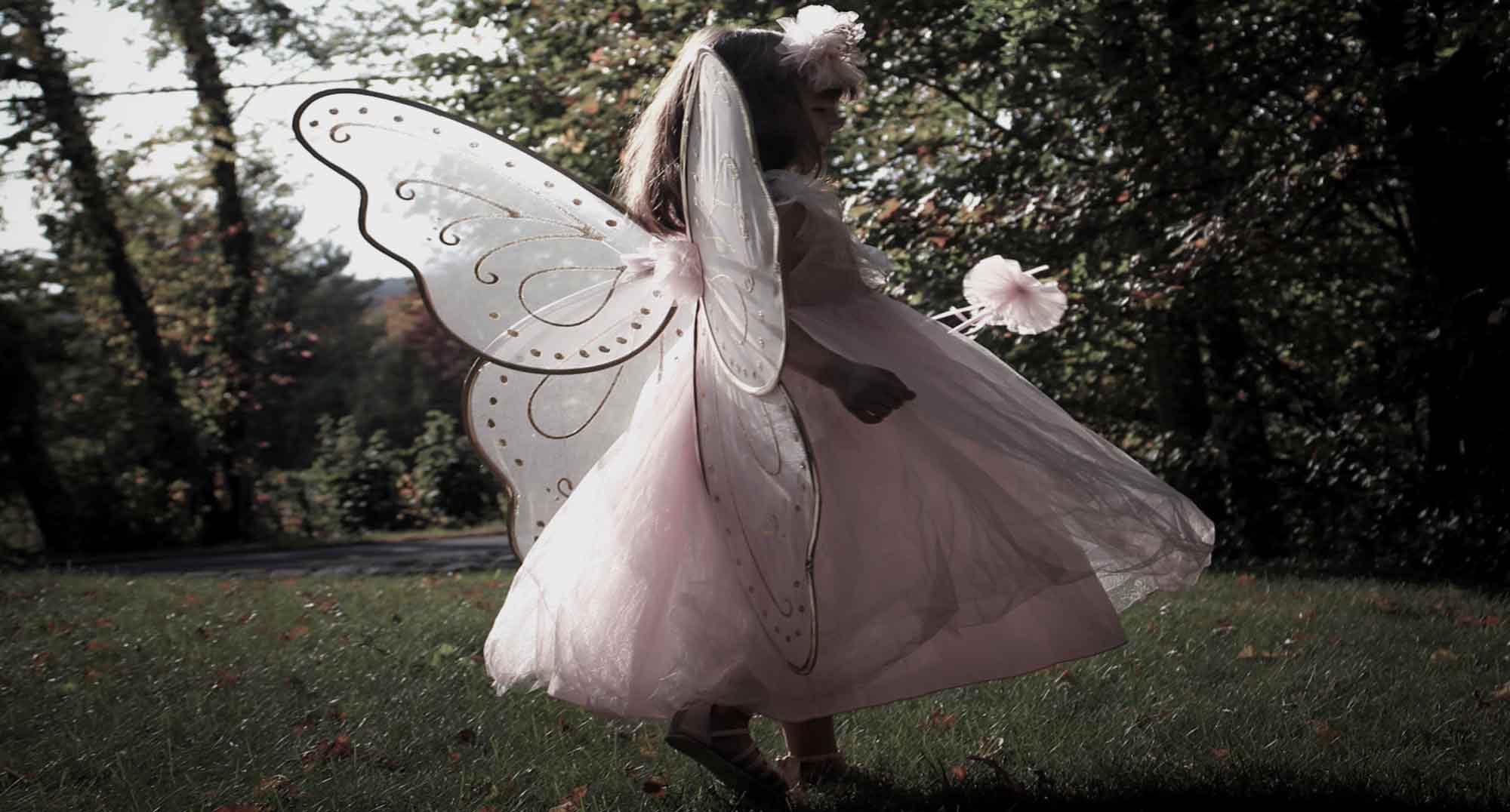HOLLY MACKLE|CONTRIBUTOR
Royalty can get a bad rap. In the wake of disdain and disinterest by some in Britain surrounding the celebrations marking Queen Elizabeth’s historic 70 year reign, I’ve been thinking about my own presuppositions on the concept of royalty, and specifically, the less-than-appealing notion of princess culture. As Christ-followers and women, sisters of Jesus and therefore daughters of God, it follows that we would find princess attitude and princess mentality appalling, and much of the messaging on glittery princess tees slapped on four-year-olds downright barfy. But I fear we’ve thrown the baby out with the bath. Princess only looks bad when we seek it for ourselves—not when it’s bestowed. And there’s hardly anything more beautiful than a child of God, female or male, firmly rooted in their royal identity.
Hold Up Just a Sec
Most of the women I know have, shall we say, spirited opinions on princess culture, either to the positive or to the negative, but I’m hard pressed to find a neutral party. To combat my own long-held disdain I found it important to ask a question, specifically, why does princess culture resonate so deeply—positively or negatively—with us as women?
I asked my own two girls. 11 and 8, they’re already keen to the ugly heart of much of princess marketing. But they’re also keen to the gospel, so I asked them to put their gospel-goggles on and talk through various princess movies with me. Their energy was palpable—I inadvertently discovered a place their young hearts and minds were already making connections. Some of their connections were a bit stretchy of a reach, but not all. What ensued was a dynamic discussion spanning characters I’d hardly given a second thought to, plot lines I’d missed, and bit parts I’d never even realized were there. The princess movies gave me an inroad to conversations spanning salvation, beauty, rest, hope, and evil’s pursuit of goodness with my girls, and the beauty of getting to watch them make their own connections instead of just regurgitating the ones that are often made for them.
Look for Gospel Hope
To combat the sickly sweet, Pepto-pink, wand-covered messaging that can distort our sentiments on the concept of royalty, we simply must look for anything that reflects the gospel in these stories, both outside Scripture (as my own two girlies did), and inside it.
In the Bible, we see relatively few examples of royalty, and many of them may have been better off speared in a cave when they were otherwise occupied, if you catch my drift (1 Samuel 24). But there are the others—the lovely—the ones that make the breath catch in our chest at even their dim reflection of the eternal, unfathomable, and endless regal-ness of Christ himself.
David wasn’t kingly because of some strength of self-possession; no question remained as to Who bestowed his kingship upon him (1 Samuel 16). Solomon wasn’t wise in his own right; he was so because he asked God to make him that way (1 Kings 3). Esther wasn’t beautiful merely for her outward adornment, but rather because she shone from within (Esther 5). Each one of them—and more—are just dim reflections of what was to come in Christ.
Don’t Kick the Princess to the Curb
I have a dog in this fight when it comes to all movie adaptations of Pride and Prejudice, but most recently the 2005 version starring Keira Knightley and Matthew Macfadyen. Though not a literal princess story, it does follow the “Save the Princess” trope. For years I’ve sensed a deep connection to this movie I couldn’t quite explain, but here’s my best effort: at the end of the movie, Mr. Darcy, played by Macfadyen, crests that hill in the downy clouds of morning and all the gospel bells ding in my soul. Shockingly, this has little to do with the dreaminess of Mr. Darcy (though he is a heap of dreamy). No, the bells ding in my soul because something rings true about the gospel story, the promise of Christ’s return.
He’s coming for us.
John 14:3 couldn’t be clearer: “I will come again and will take you to myself, that where I am you may be also.” Male or female, slave or free, royalty-scoffer or glitter-embracer, for those whose hope is secure in the completed work of Christ, we have the security that he came for us once and he’s coming back again. And whether it’s the breaking of a dewy dawn akin to a Regency Period-piece morning, underneath the heat of a stifling and mirage-y Saharan midday, or beneath the starry twilight in mosquito-y southern Mississippi just as Venus breaks the evening sky, we will one day see him crest that hill. May all of our princess hearts be ready for the breath to catch in our chests, for it will indeed be a beautiful and heart-stopping day.

Editor’s Note: Want to dig into the life of a real queen? Holly Mackle’s new book for children, Bright Star: The Story of Esther, releases soon with Kaleidoscope Books. Click here to learn more.
*Photo by Juliette Dickens on Unsplash

Holly Mackle
Holly Mackle is the curator of the mom humor collaboration Same Here, Sisterfriend, Mostly True Tales of Misadventures in Motherhood, author of the family Advent devotional Little Hearts, Prepare Him Room, and editor at engagingmotherhood.com. She is the wife of a handsome man, mama of two flower-sneaking bitties, and a fairly decent gardener and hopefully better humorist for joegardener.com. She spends most of her free time explaining to her two young girls why their hair will not do exactly what Queen Elsa’s does.

